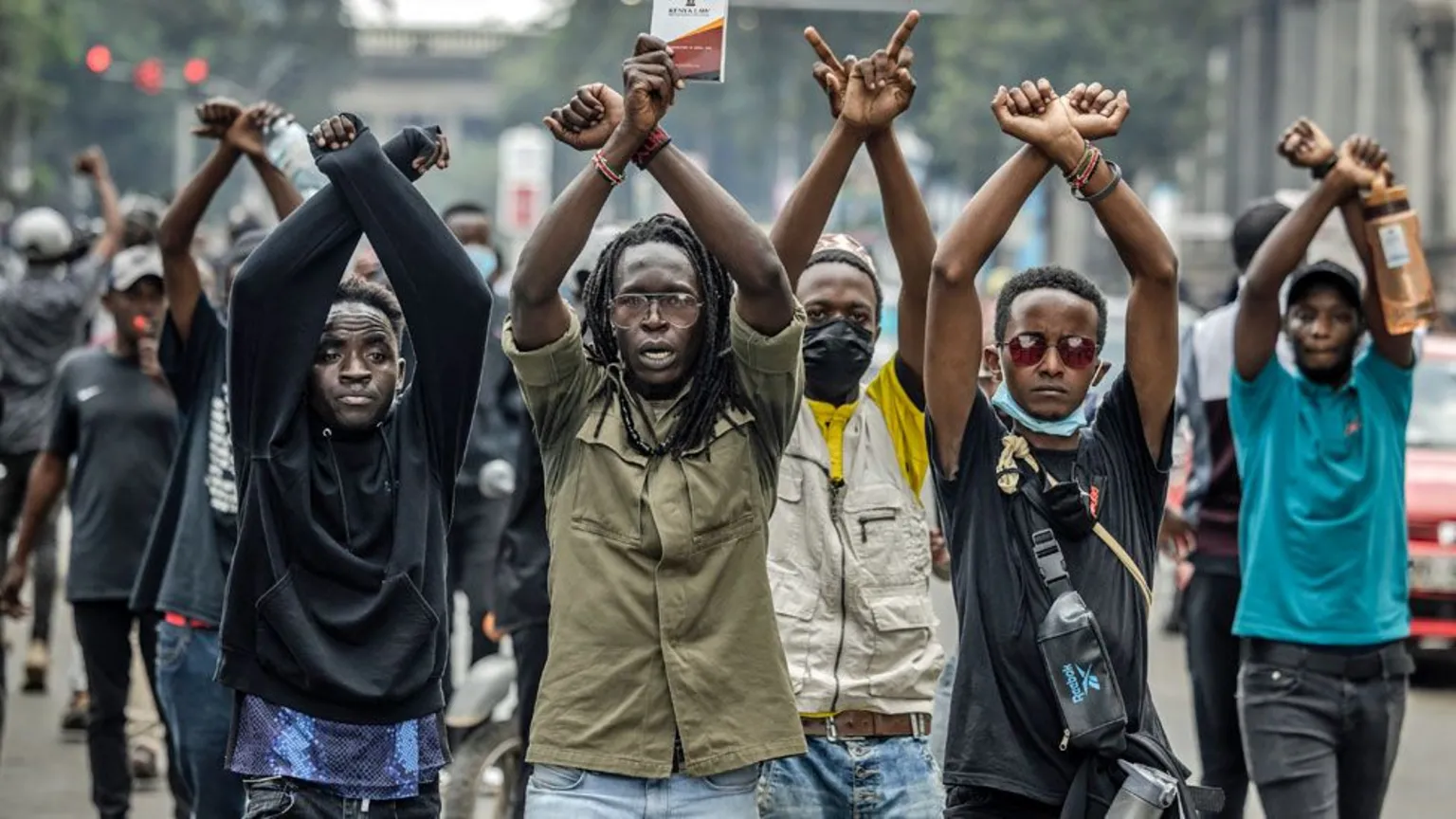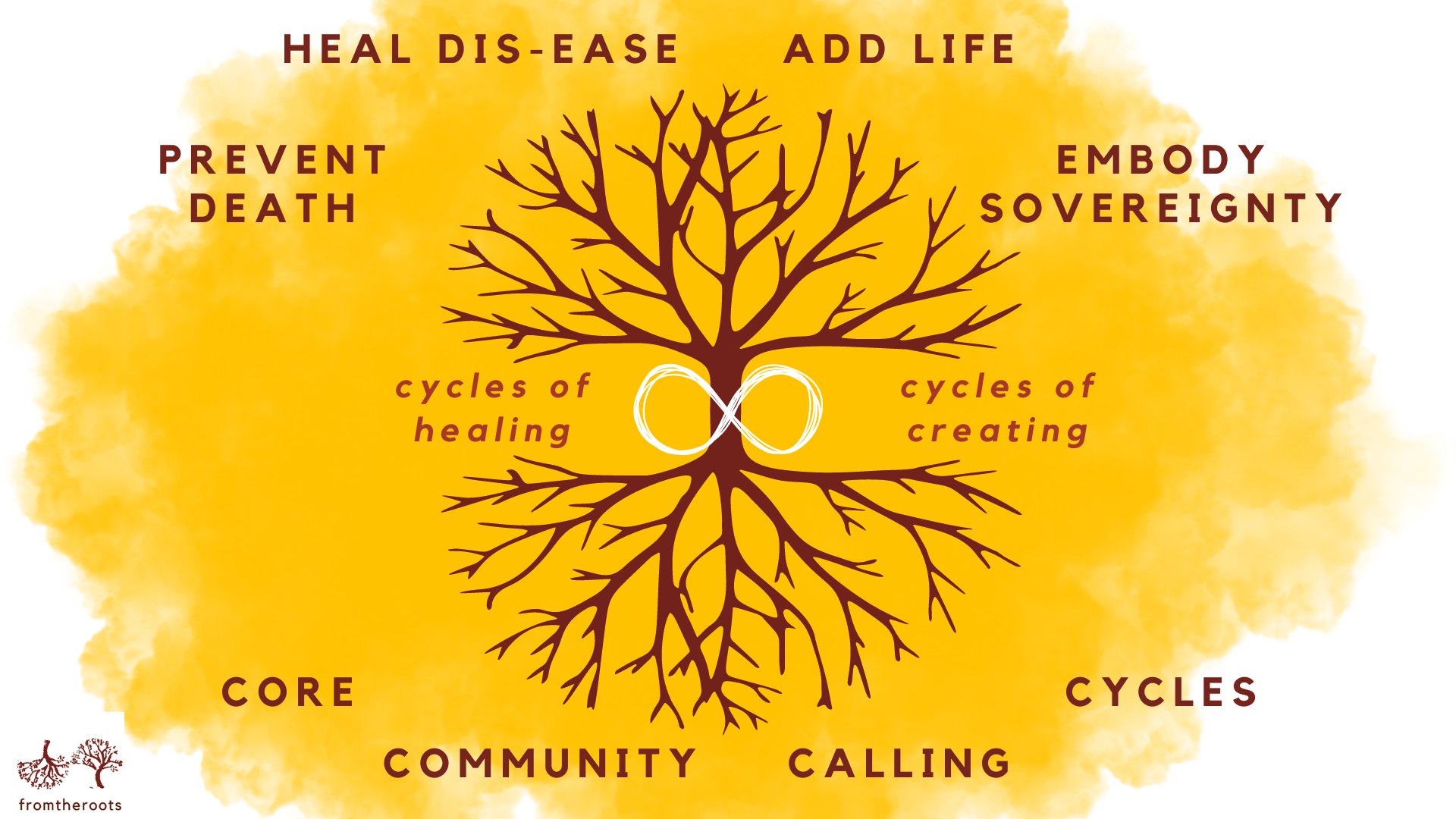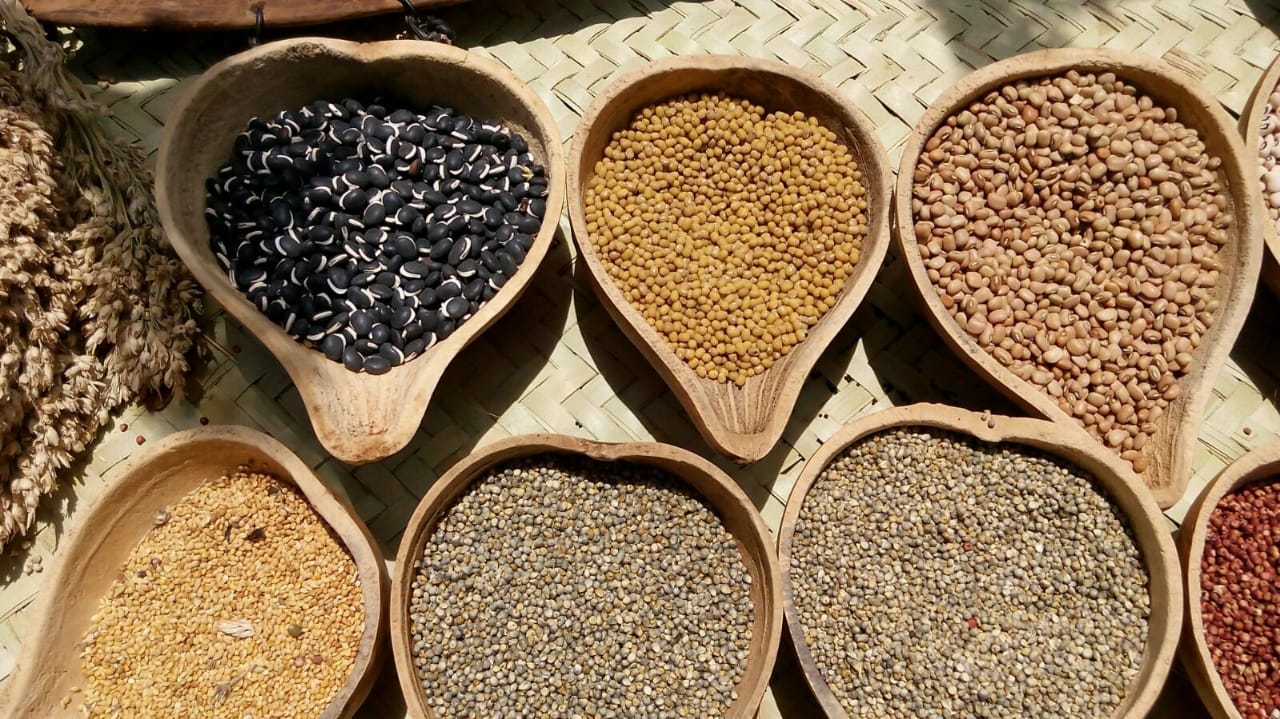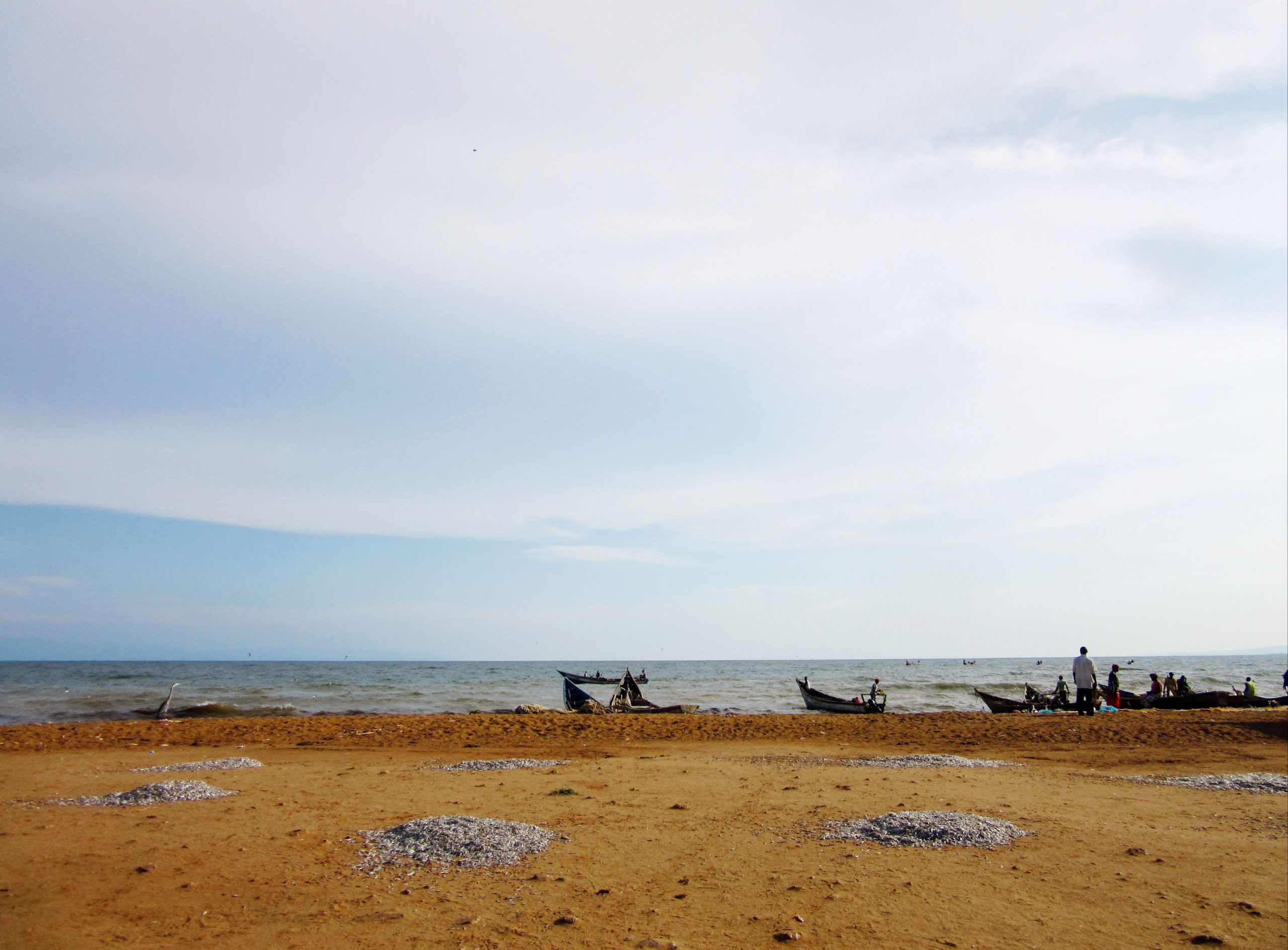Category: power & power relations
-

Could we reach for more? Reflections on revolutions in our time – the pro-good governance protests in Kenya 2024
•
In June a mass protest movement began in Kenya in response to the proposed Finance Bill 2024 that would raise taxes on a range of basic goods. The face of the protests reflected the largely young population and one of the movement’s slogans was “leaderless, partyless and tribeless”. As I…
-

embodied pathways to the pluriverse – podcast
•
Post Growth Institute · Embodied Pathways to the Pluriverse: Transitions from Coloniality to Regeneration transitions are desperately needed, so what do we do? “Here is the final piece of my invocation: the ‘fromtheroots’ model proposes that being deeply grounded in the roots of core, calling, community and cycles while we…
-
considering nourishment on world food day [podcast]
•
“On March 13th 2020, the first COVID-19 case in Kenya was reported and that was just a prelude to a “new normal” where schools, markets and offices folded operations. However, despite the pandemic sending chills down everyone’s spine, another crisis was building up at an alarming rate – job losses…
-

the memory of seeds and indigenous resurgence in tharaka, kenya
•
“In the global North, it has become more common to declare that indigenous peoples hold the solutions to the climate crisis. Such rhetoric risks being only lip-service if solutions don’t recognise and resource indigenous-led work to repair damage to indigenous cultures, commit to indigenous resurgence and integrate the wisdom of…
